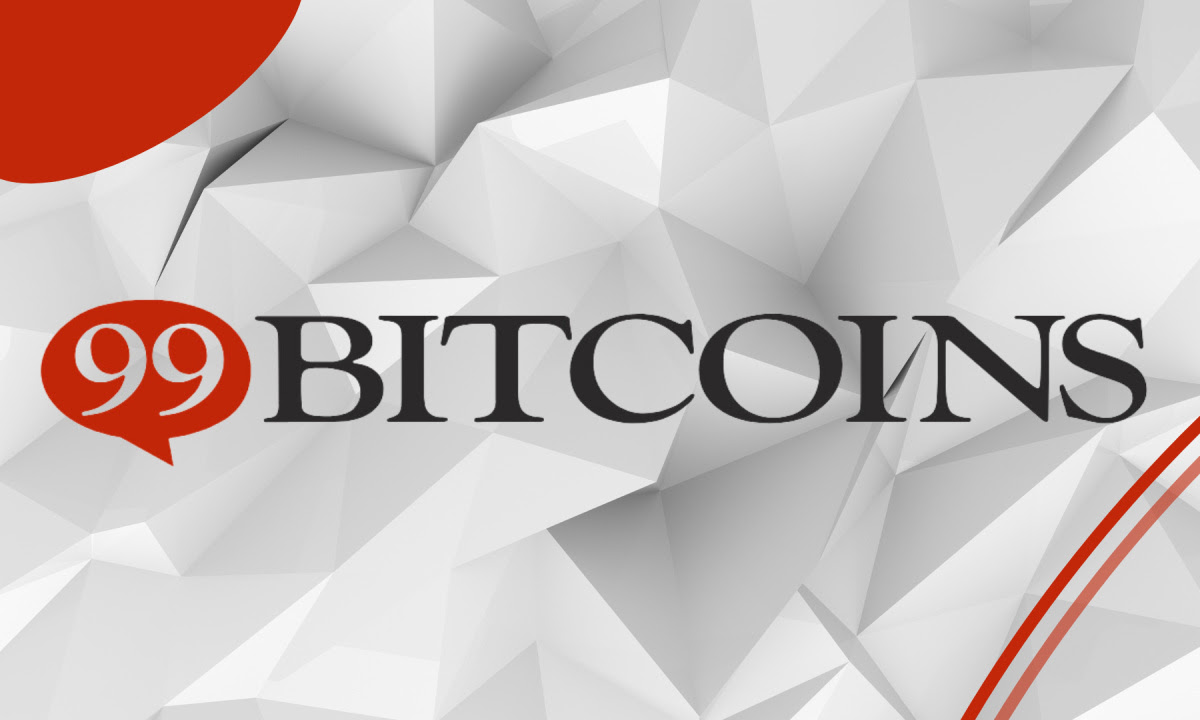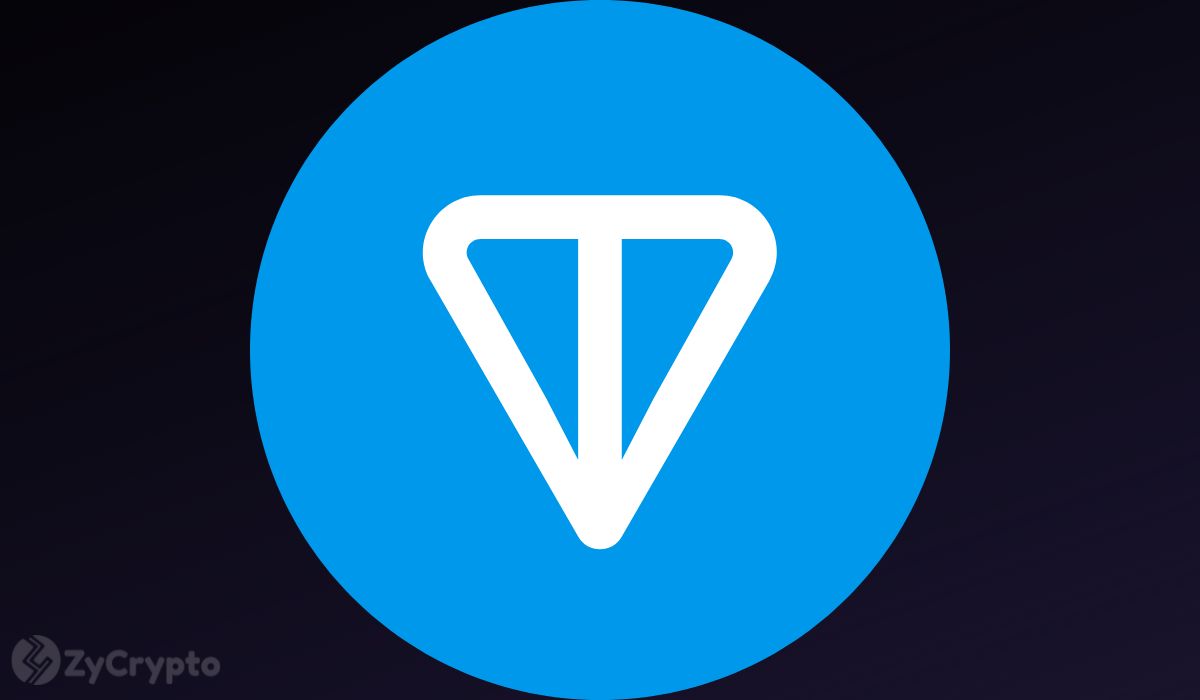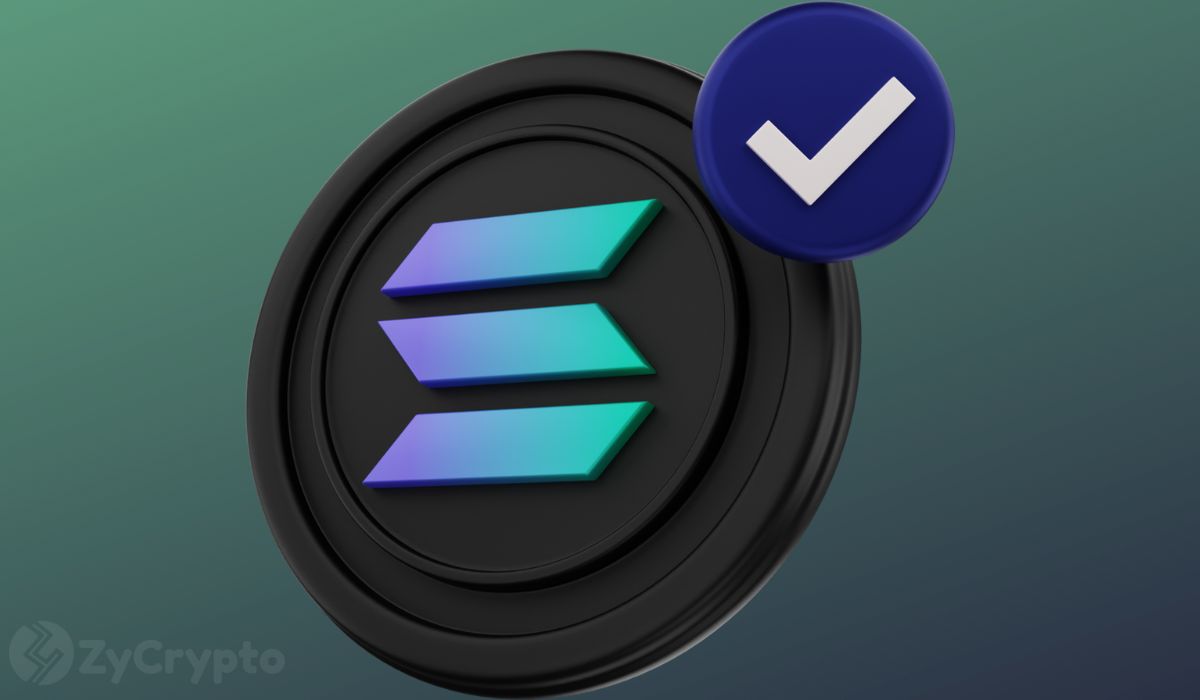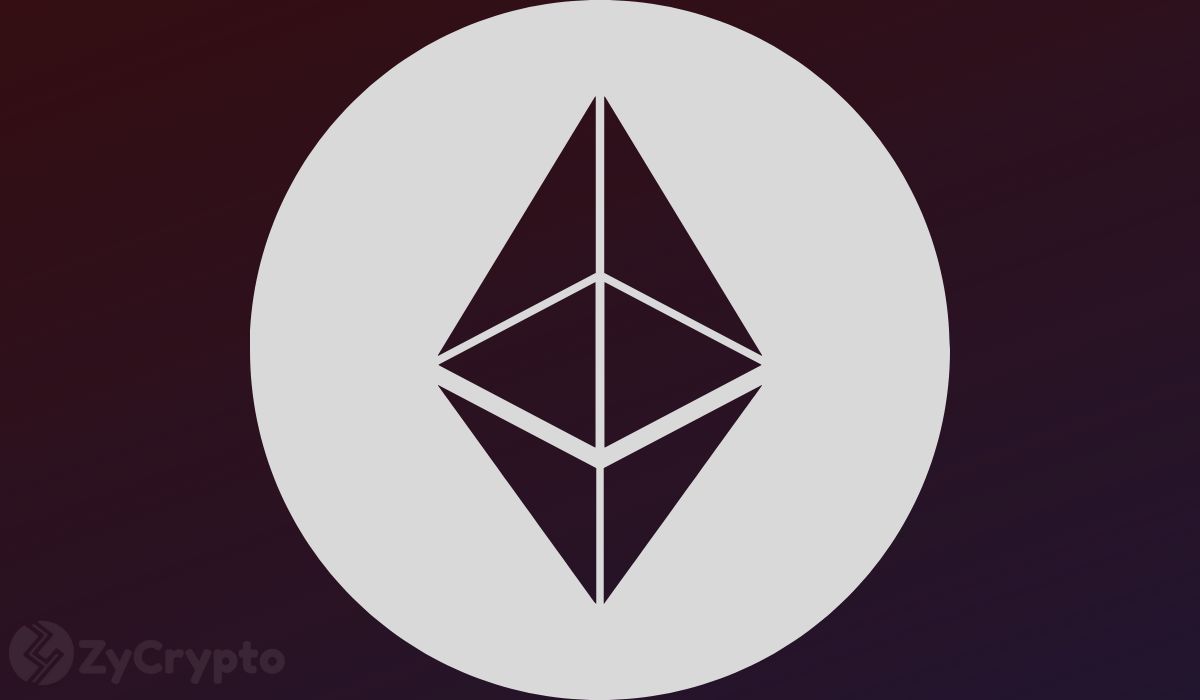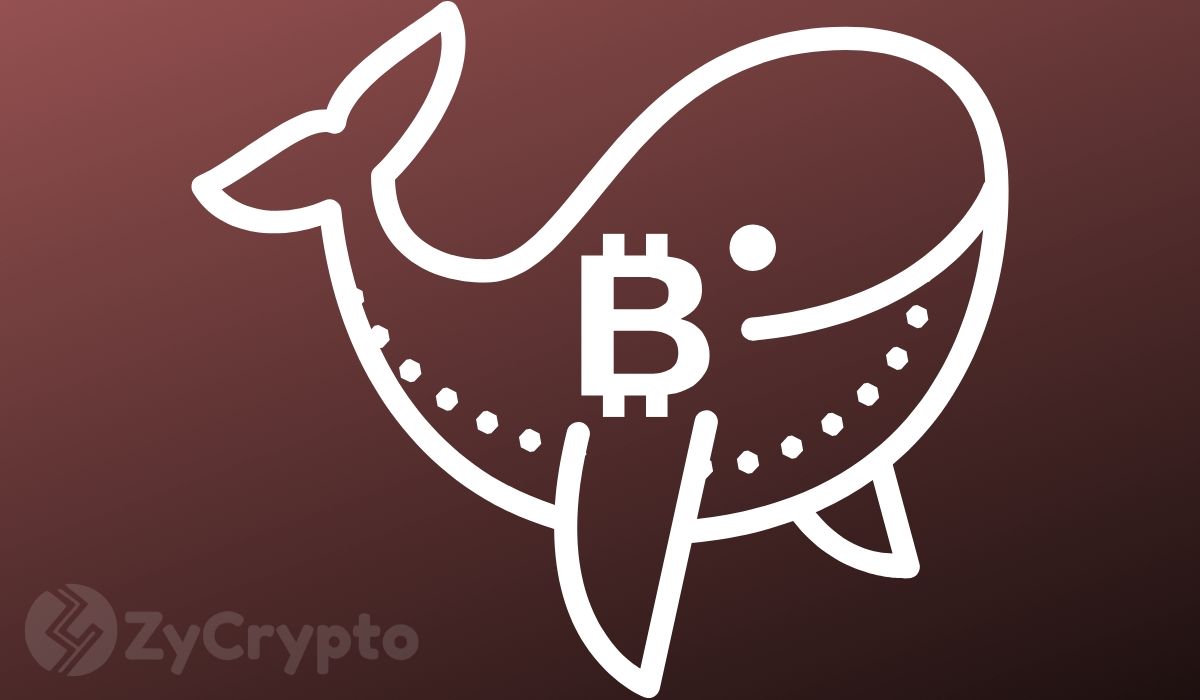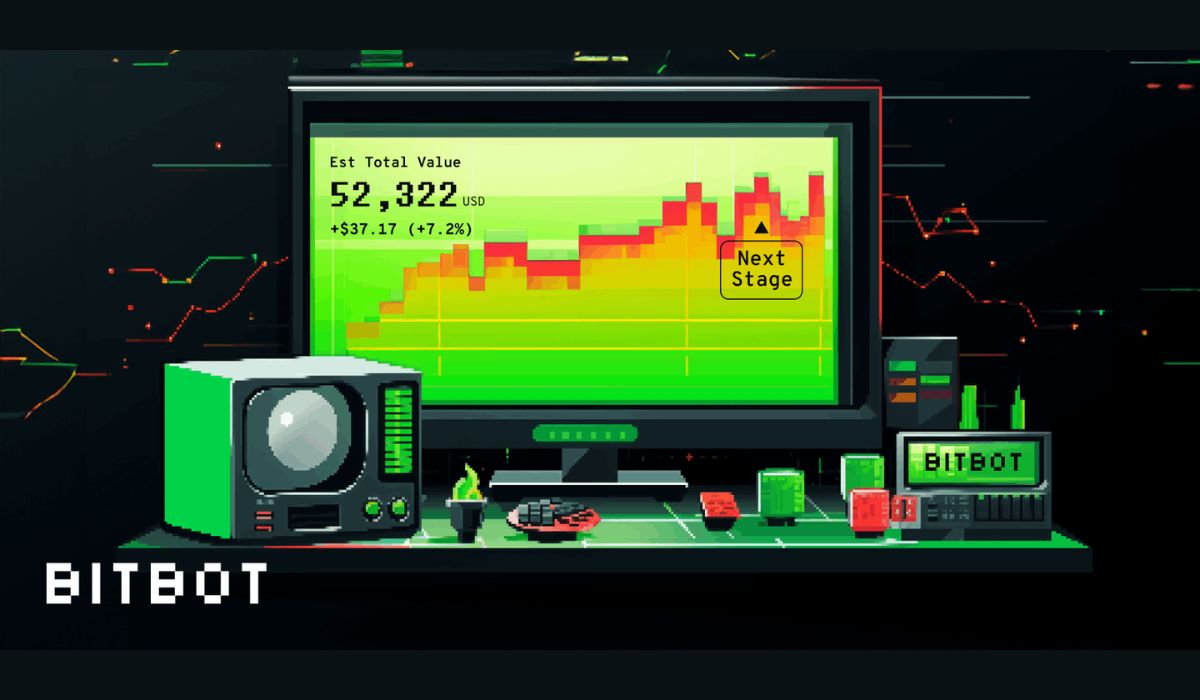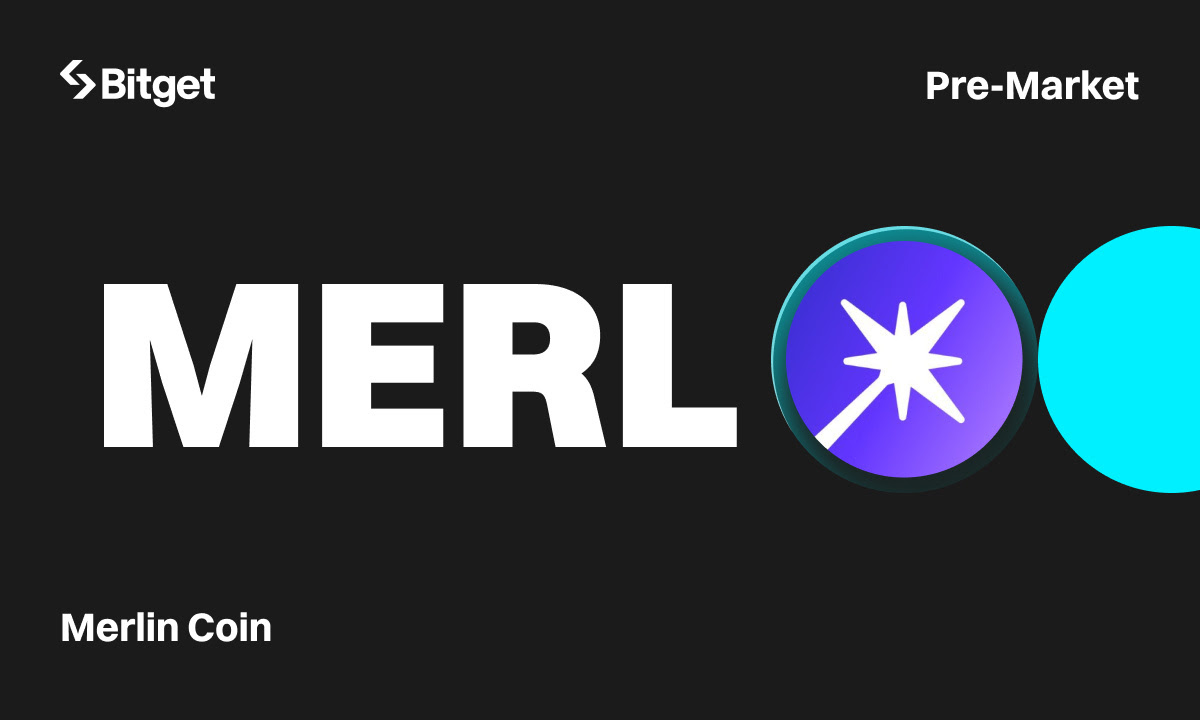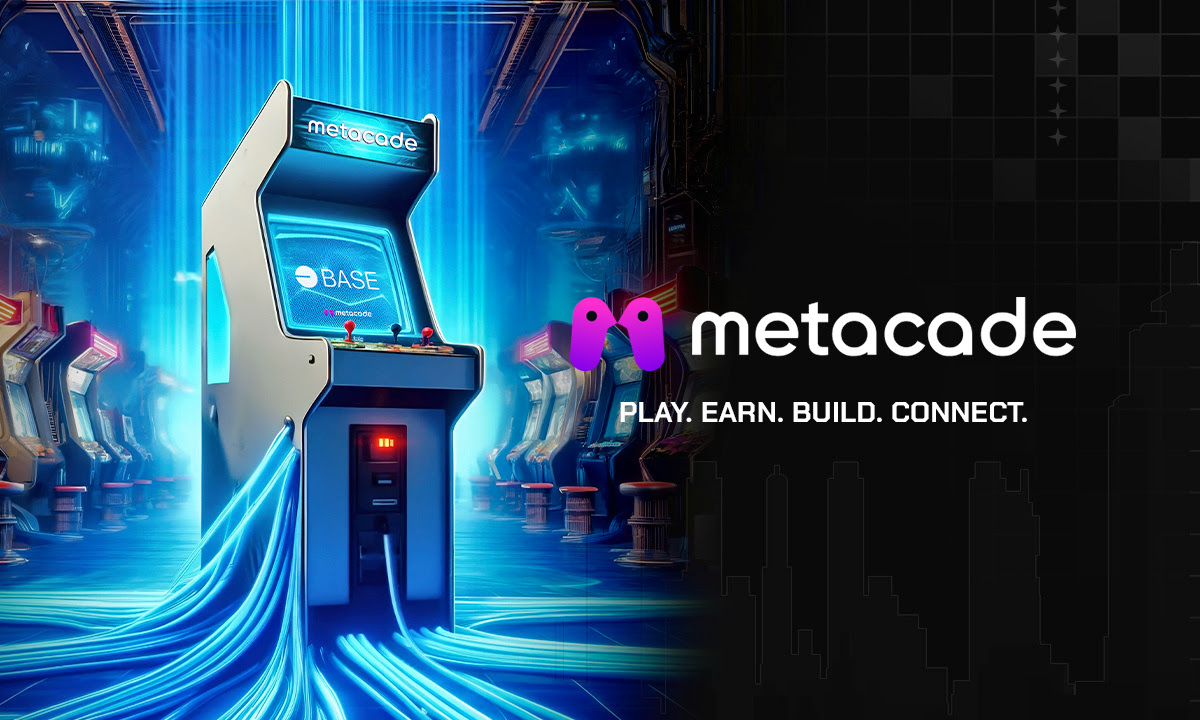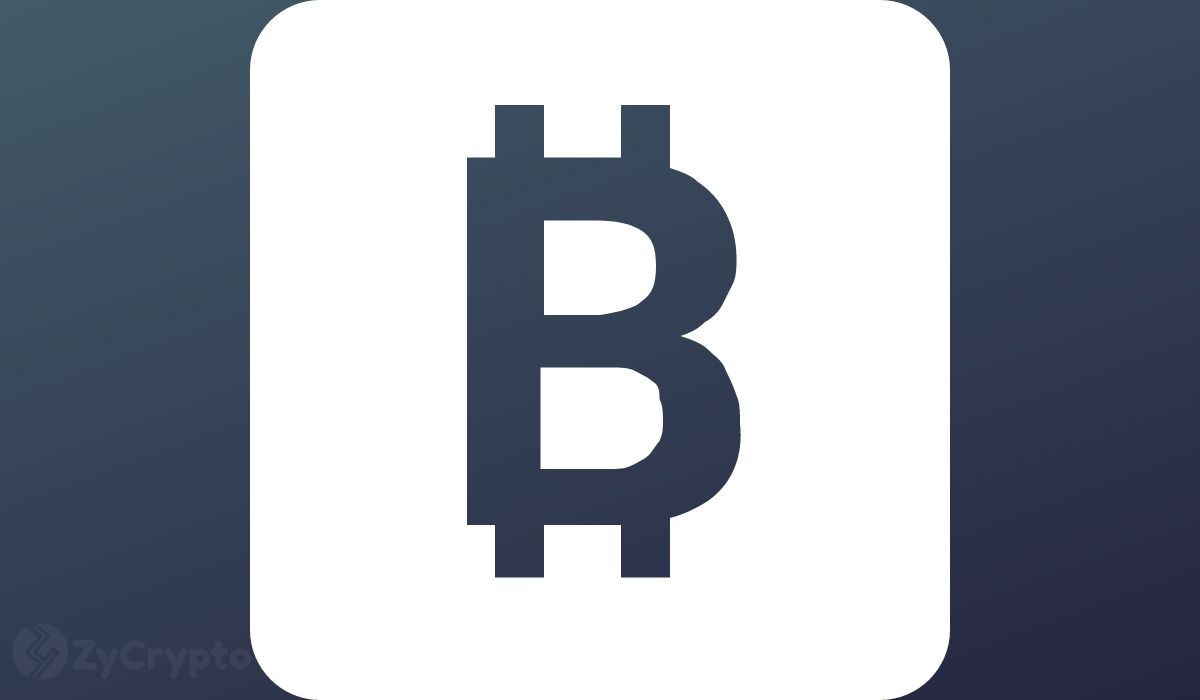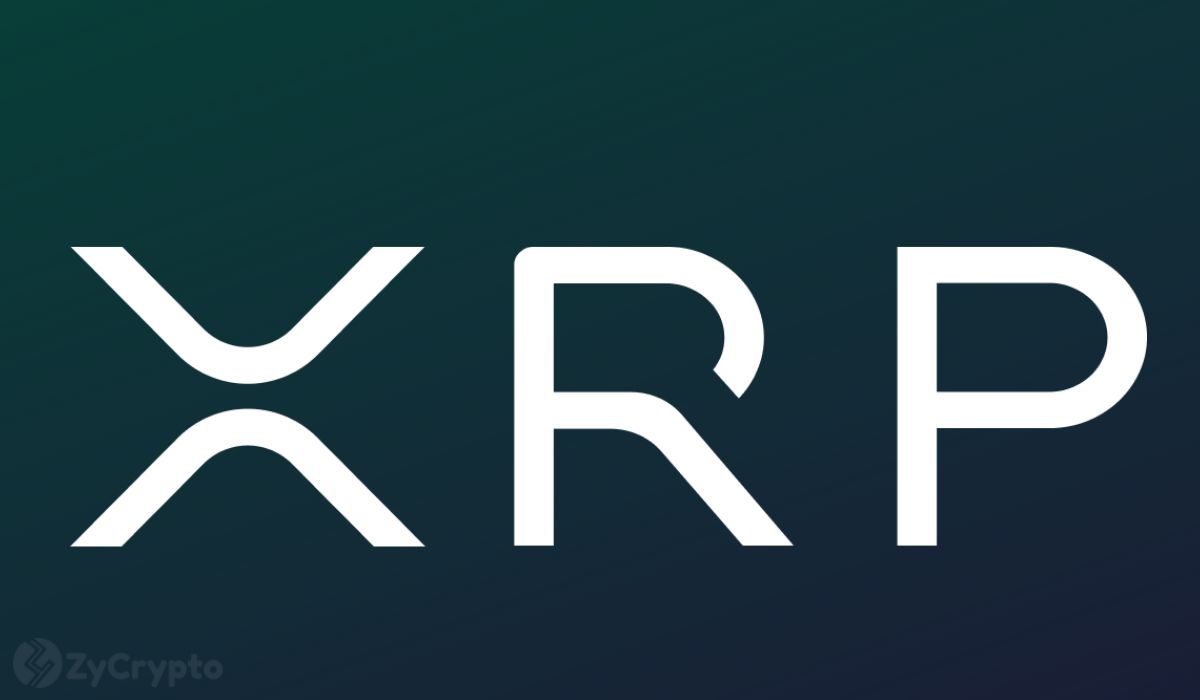Stuart Alderoty, Ripple’s Chief Legal Officer (CLO), has drawn attention to a recent legal setback faced by the U.S. Securities and Exchange Commission (SEC). This setback, stemming from the SEC’s lawsuit against Aron Govil, could have profound implications for the ongoing legal battle between Ripple and the SEC.
Alderoty’s remarks follow a court decision that denied the SEC’s petition for review, reinforcing a ruling that could affect the SEC’s ability to seek disgorgement in cases where investors did not suffer financial losses.
The SEC’s recent defeat occurred in its lawsuit against Aron Govil, where the Second Circuit Court of Appeals declined to review its decision from last year. The court’s ruling stated that the SEC cannot demand disgorgement from an issuer or seller unless the buyer has incurred economic losses. Despite the SEC’s attempt to appeal this decision, the court stood by its initial ruling, dealing a blow to the commission’s legal strategy.
In a post on his X account, Alderoty highlighted that the SEC has faced repeated defeats, particularly in legal battles.
“The SEC continues to lose. The Second Circuit Court of Appeals refused to reconsider their decision in Govil which held that if a buyer suffers no financial loss, the SEC is not entitled to disgorgement from the seller.”
Implications for Ripple Lawsuit
The Govil decision could directly affect Ripple’s defense in its lawsuit with the SEC. Ripple is currently facing allegations of violating federal securities laws through its XRP sales. With the SEC seeking nearly $2 billion in penalties and fines, Ripple has a vested interest in leveraging the Govil decision to strengthen its defense. The key argument revolves around whether investors suffered financial losses by purchasing XRP.
As Ripple prepares to file its opposition to the SEC’s remedies-related brief by April 22, the Govil decision could play a pivotal role. If Ripple can convince Judge Analisa Torres that investors did not suffer financial losses by acquiring XRP, it could significantly impact the case outcome. Ripple’s argument would focus on the fact that any disgorgement should only apply to institutional buyers who purchased XRP above its current price.
Market Impact: XRP Price Fluctuations
Amidst these legal developments, the price of XRP has experienced fluctuations. Following the announcement of the partnership between the TON Foundation and HashKey Group, XRP’s price surged by approximately 1.5%.
However, in the past 24 hours, it has dropped by nearly 11%. Despite these fluctuations, XRP remains a focal point in the cryptocurrency market, with its price movements closely watched by investors and enthusiasts alike.




